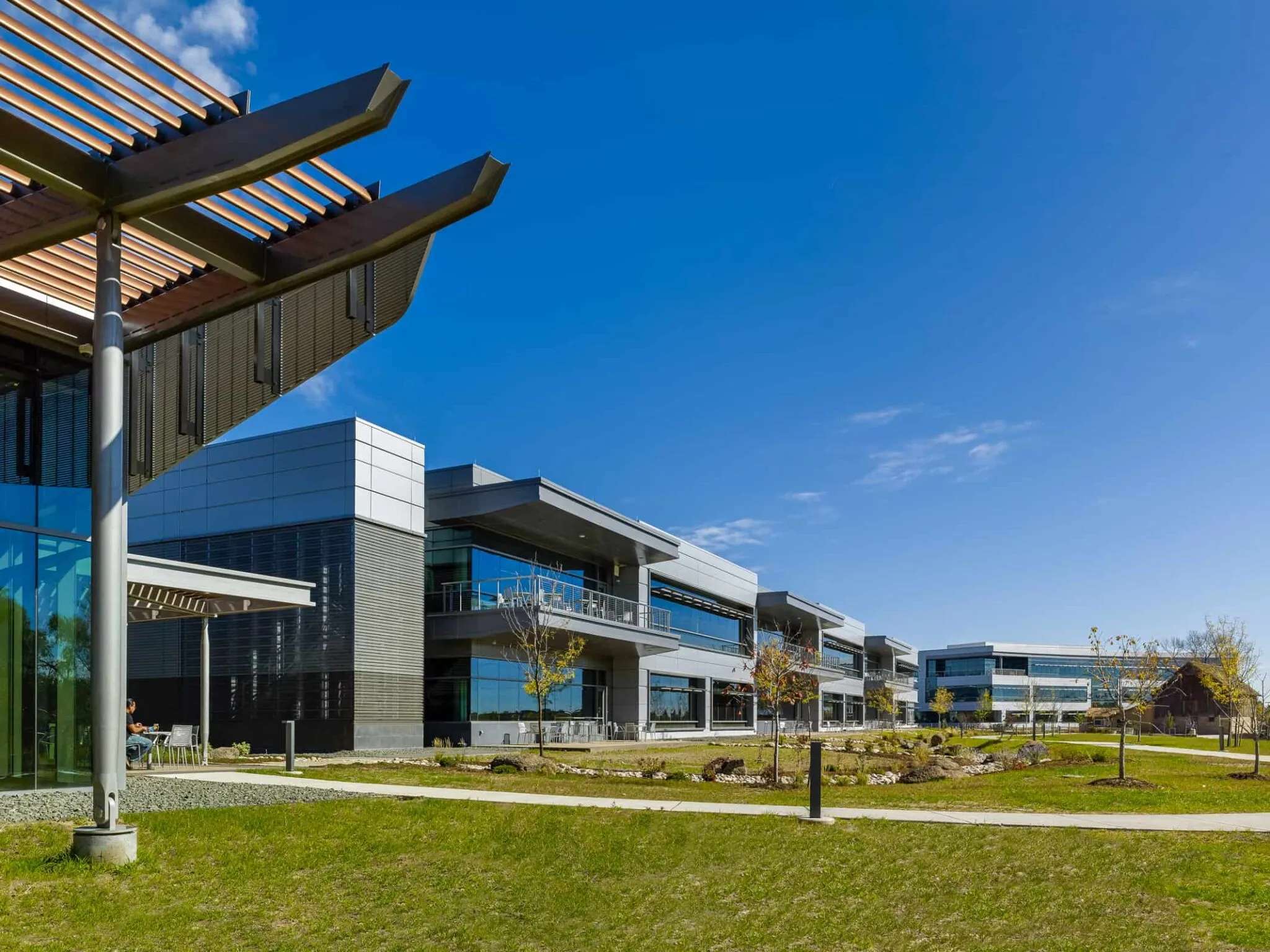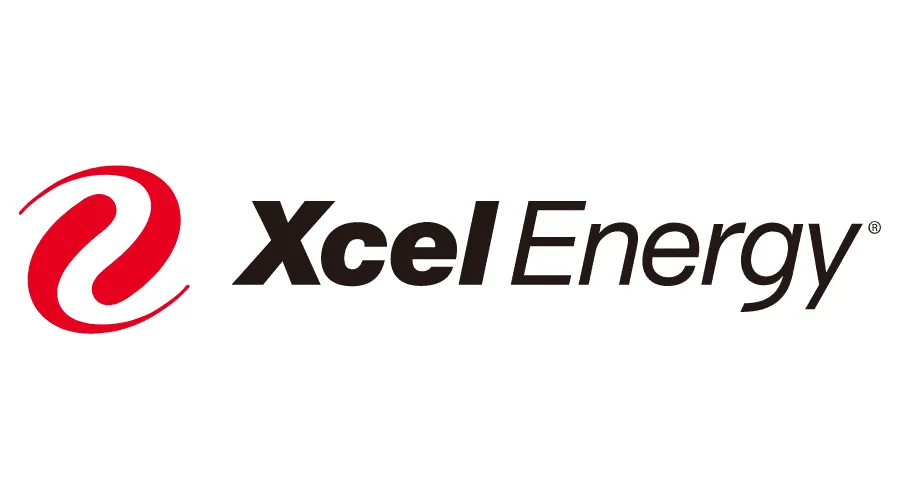Tri-State helps finance fast EV charging stations in rural areas
WESTMINSTER — Tri-State Generation and Transmission Association is working with rural power utilities to develop fast electric vehicle charging stations that can operate on existing power networks.
Rural electric networks have less access to three-phase distribution systems, which are typically used to power fast EV charging stations. Three phase systems are used most of the time to power direct-current fast chargers. Installing fast chargers using that technology would require utilities to extend three-phase power lines.
Tri-State, however, recently worked with Highline Electric Association in Holyoke to install a different method for fast charging.
According to a press statement from Tri-State, Highline and FireWire…
THIS ARTICLE IS FOR SUBSCRIBERS ONLY
Continue reading for less than $3 per week!
Get a month of award-winning local business news, trends and insights
Access award-winning content today!




